Affiliate links on Android Authority may earn us a commission. Learn more.
Pokemon Quest review: A mobile take on the iconic franchise
November 3, 2018
Pokemon Quest, the latest game in the ever-popular Pokemon franchise, is now available as a free-to-play Android and iOS game. Although it came out a full month earlier on the Nintendo Switch, it’s clearly a more of a mobile game rather than a console game (or even a traditional Pokemon game, for that matter).
For some, that might be a deal breaker. Those looking for a different kind of Pokemon game that still triggers nostalgia for the original titles may find Pokemon Quest is just what the doctor ordered.
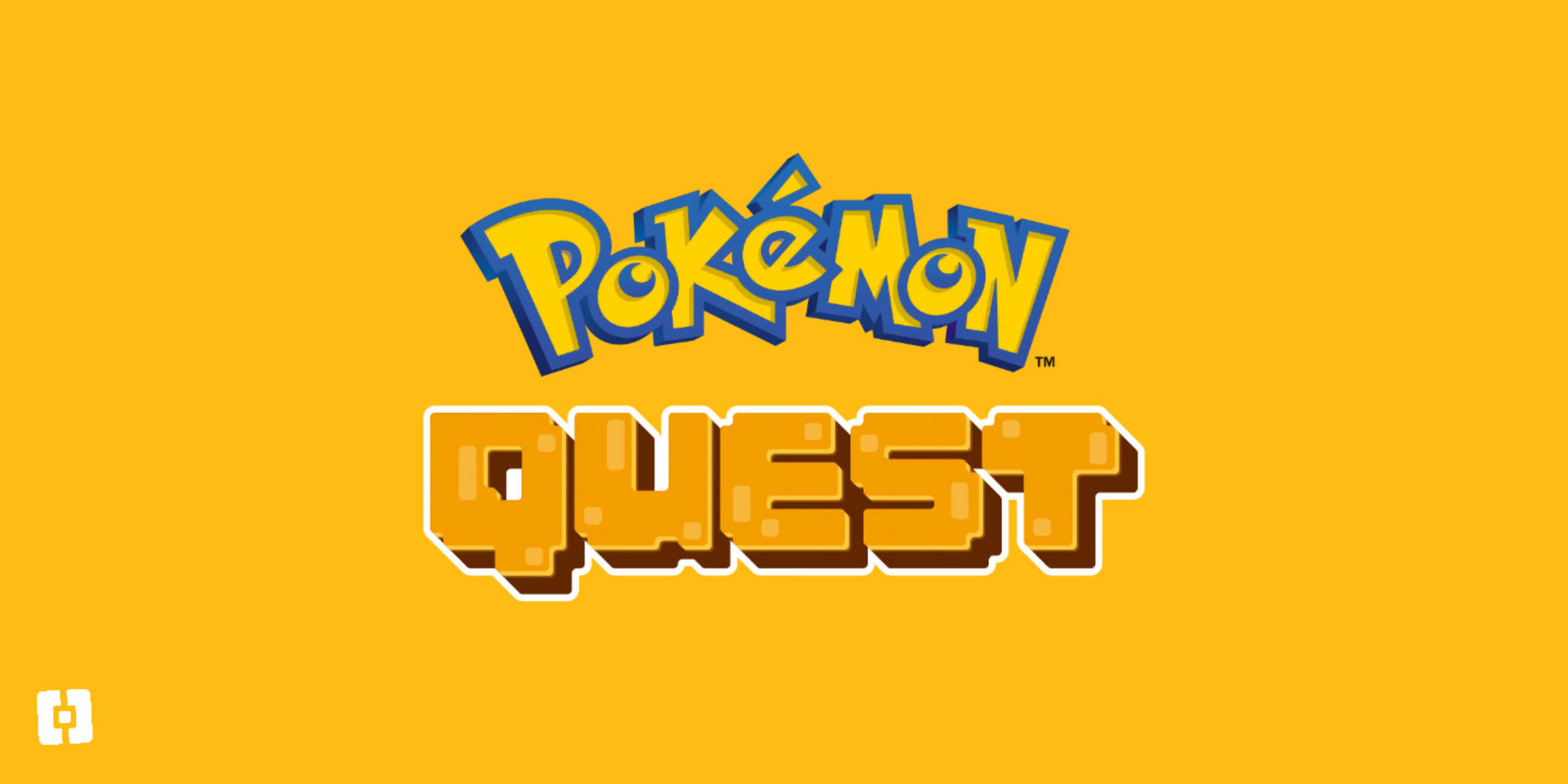
Who needs a story?
Pokemon Quest plops you down onto Tumblecube Island, which is inhabited solely by the original 151 Kanto Pokemon, including Mew and Mewtwo. It’s anyone’s guess as to how they got there, or why you decided to explore the island with your drone companion MoBee IV.
In any case, you still get to choose your name (I went with Blue to stick with the theme) and a starting Pokemon. You have the choice of any of the original three starters, plus Pikachu who was technically a starter in Yellow, and the wildcard Eevee.
Rather than run through tall grass chucking Pokeballs at whatever you find to build your collection, you have to cook dishes to attract cubic Pokemon “buddies” to your camp. These can then be assembled into teams of three and sent out to explore the different areas of Tumblecube Island.
With no other humans in sight, there really isn’t any narrative at all. Pokemon Quest is more of a grind-and-collect mobile game than a traditional story-driven title, for better or worse.
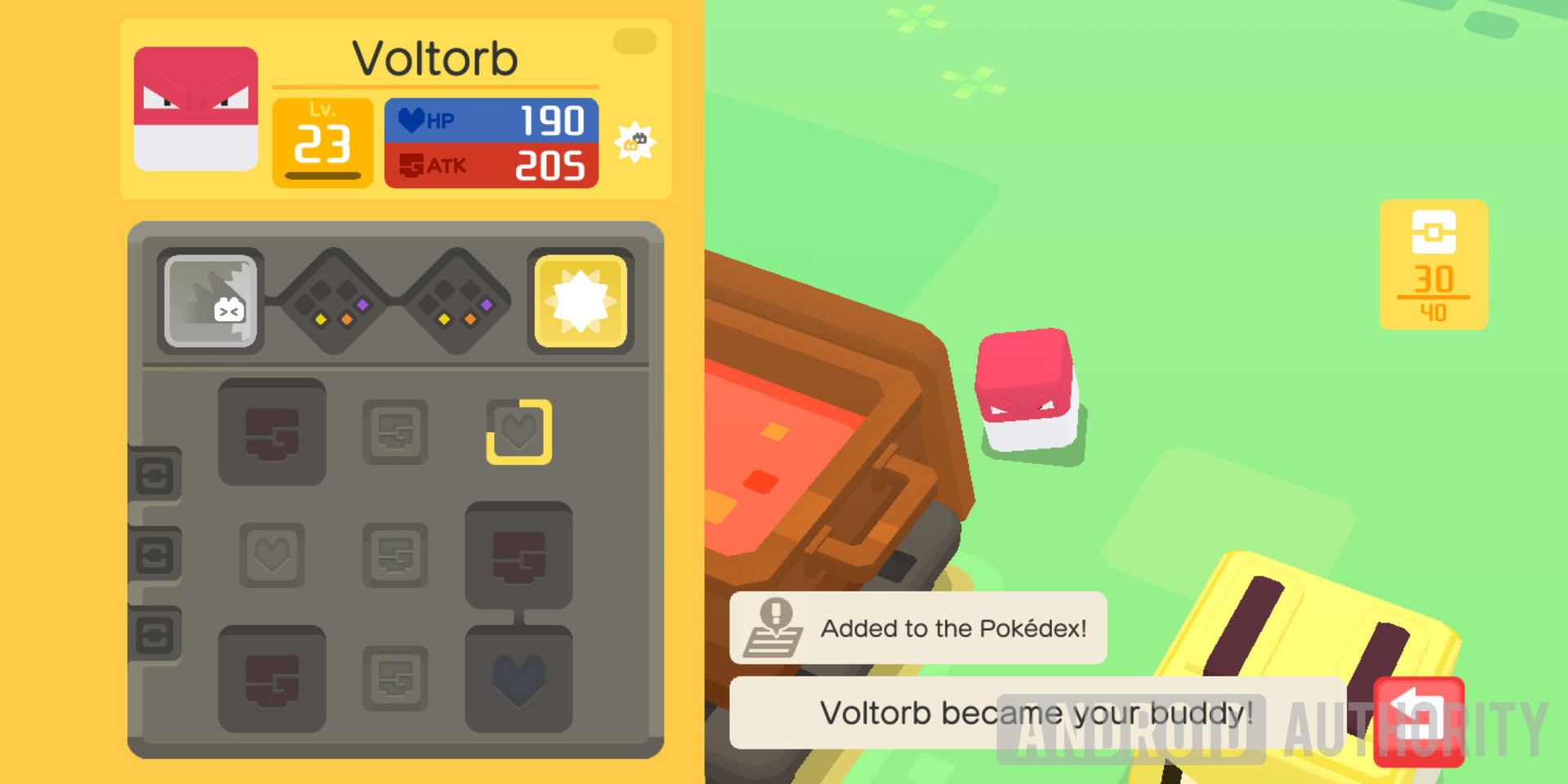
Cube-alicious visual style
At first glance, Pokemon Quest feels like the odd man out in the Pokemon franchise. With its Minecraft-style cubic graphics and colorful scenery, it’s quite a departure from the anime style the series is known for, despite still being developed by Game Freak.
It takes some getting used to, but the new visual style is really well done. Everything, including UI elements, is a cute little square, rectangle, or cube. Some of the cubic scenery is destructible on expeditions, breaking into small cubes when hit by an attack.
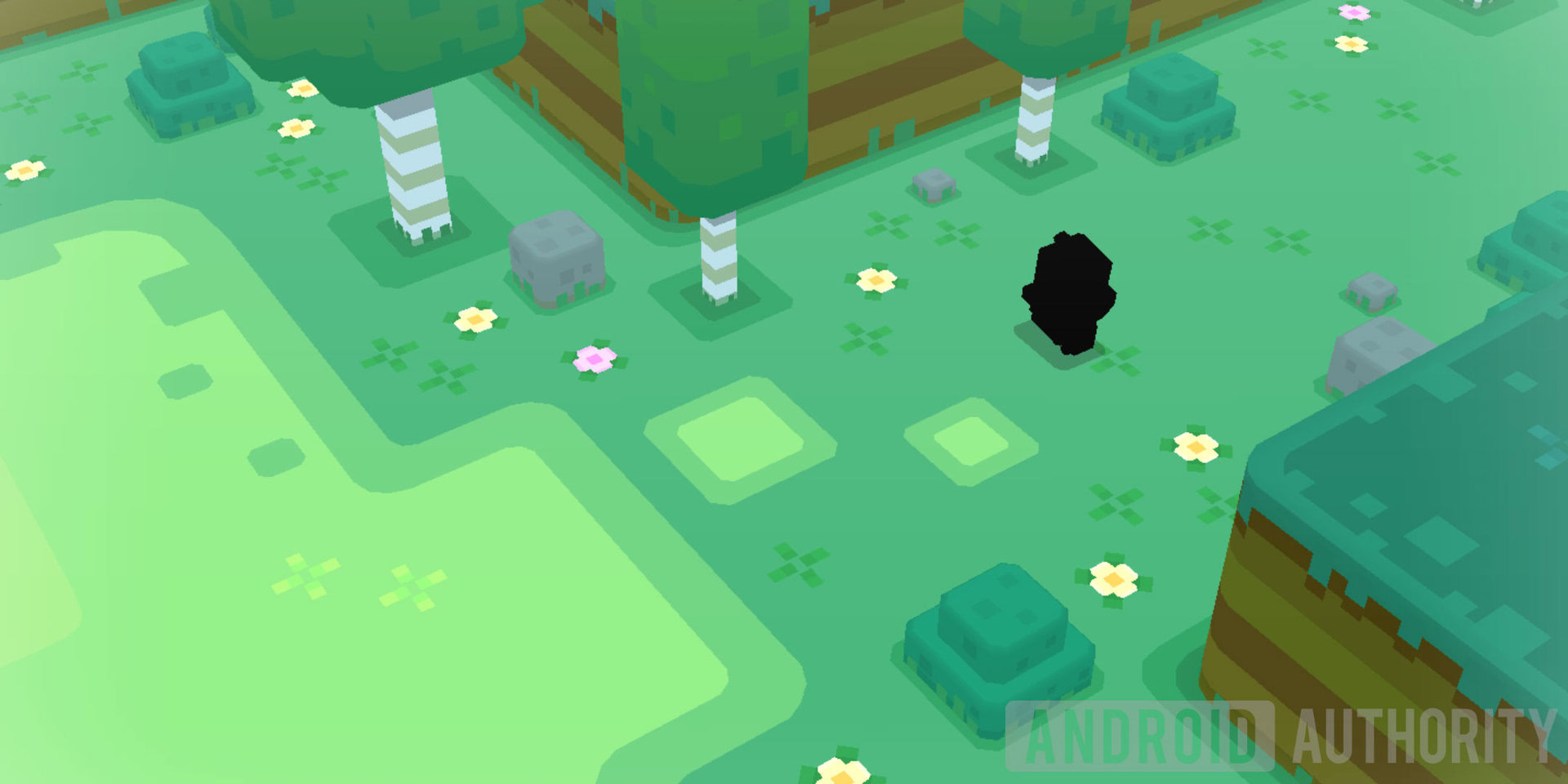
The Pokemon themselves are also charmingly cubed. I found myself getting excited whenever a new cubic Pokemon showed up to the base camp as a silhouette like the classic “Who’s that Pokemon” from the TV show.
Each Pokemon’s icon is also unique, and there are some really interesting designs. It’s not easy to breathe new life into characters from a game released over 20 years ago, but Game Freak did it.
The interface is clean and modern, with smooth transitions between each screen. This level of polish is rare for a free-to-play title.
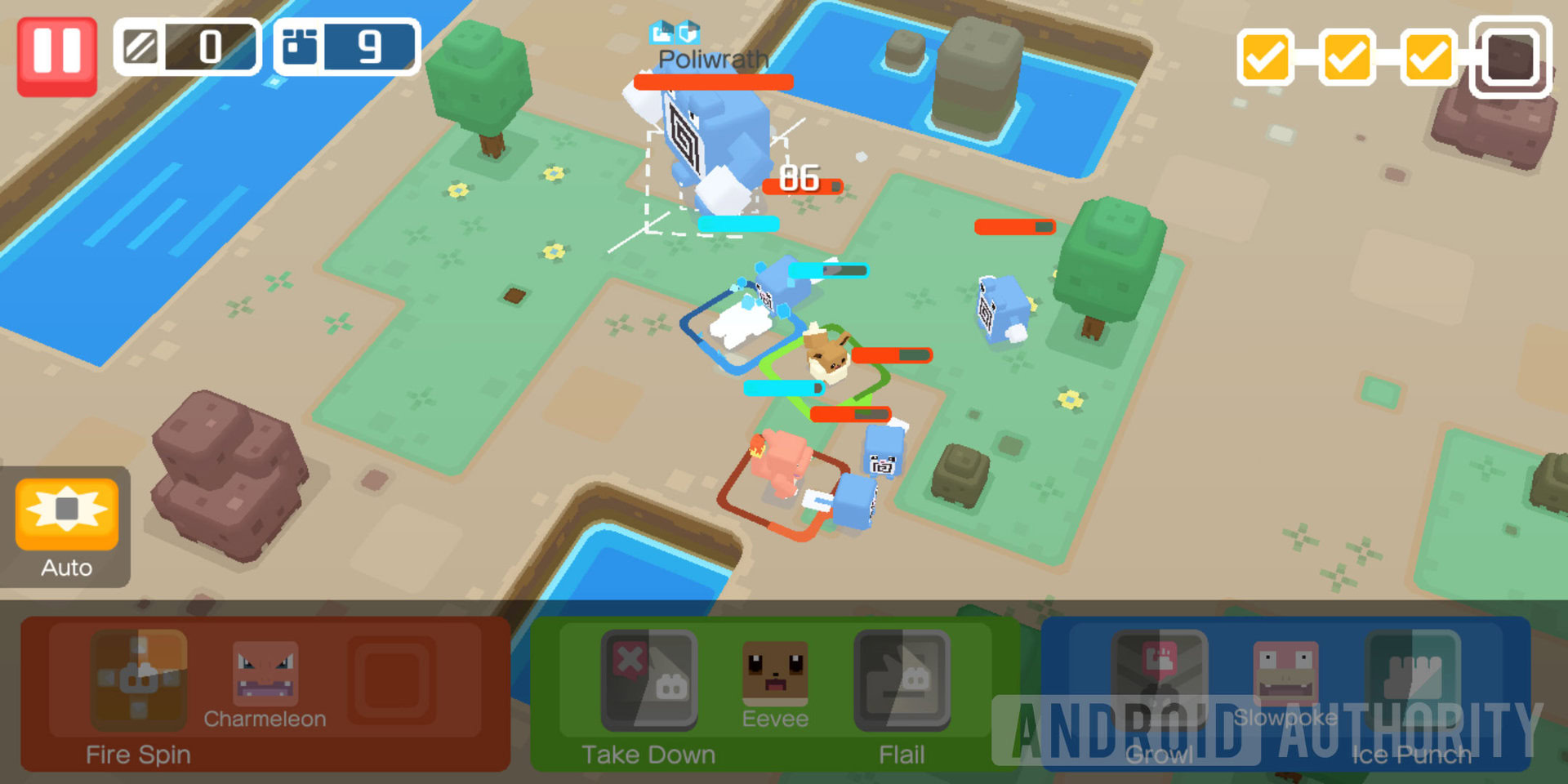
Mobile gameplay
Pokemon Quest is a mobile game first and foremost, and its gameplay reflects that. Rather than trainer battles and casual bike rides down Cycling Road, the action is packed into “expeditions” that last just a few minutes.
On each expedition, your team of three Pokemon moves about the fully 3D stage, fighting waves of wild Pokemon and bosses. You control when each Pokemon unleashes their abilities, but other than a “scatter” button that briefly sends your party running for the hills, you take the backseat to the game’s AI.
Pokemon Quest features a stamina system that limits how many expeditions you can go on
It sounds simple, and it is, but there is some depth to it. There’s an auto setting, but it gets rid of the scatter button, which means your Pokemon buddies will bear the full brunt of every single attack that comes their way.
My only complaint is that the camera controls are limited. Even in the base camp, the most you can do is tap on a Pokemon to temporarily zoom in on it. I wanted to zoom out, especially on expeditions, to get a better sense of what was going on. Often if one member gets separated from the rest, they’re off screen and you have no idea where they are or what they’re doing.
Pokemon Quest also features a stamina system (your drone companion’s battery) that limits how many expeditions you can go on. It starts capped at five, and regains one charge every 30 minutes. You can pay the game’s premium currency, PM Tickets, to recharge your battery. Unlike other free-to-play games, this is actually one of the best ways to use it.
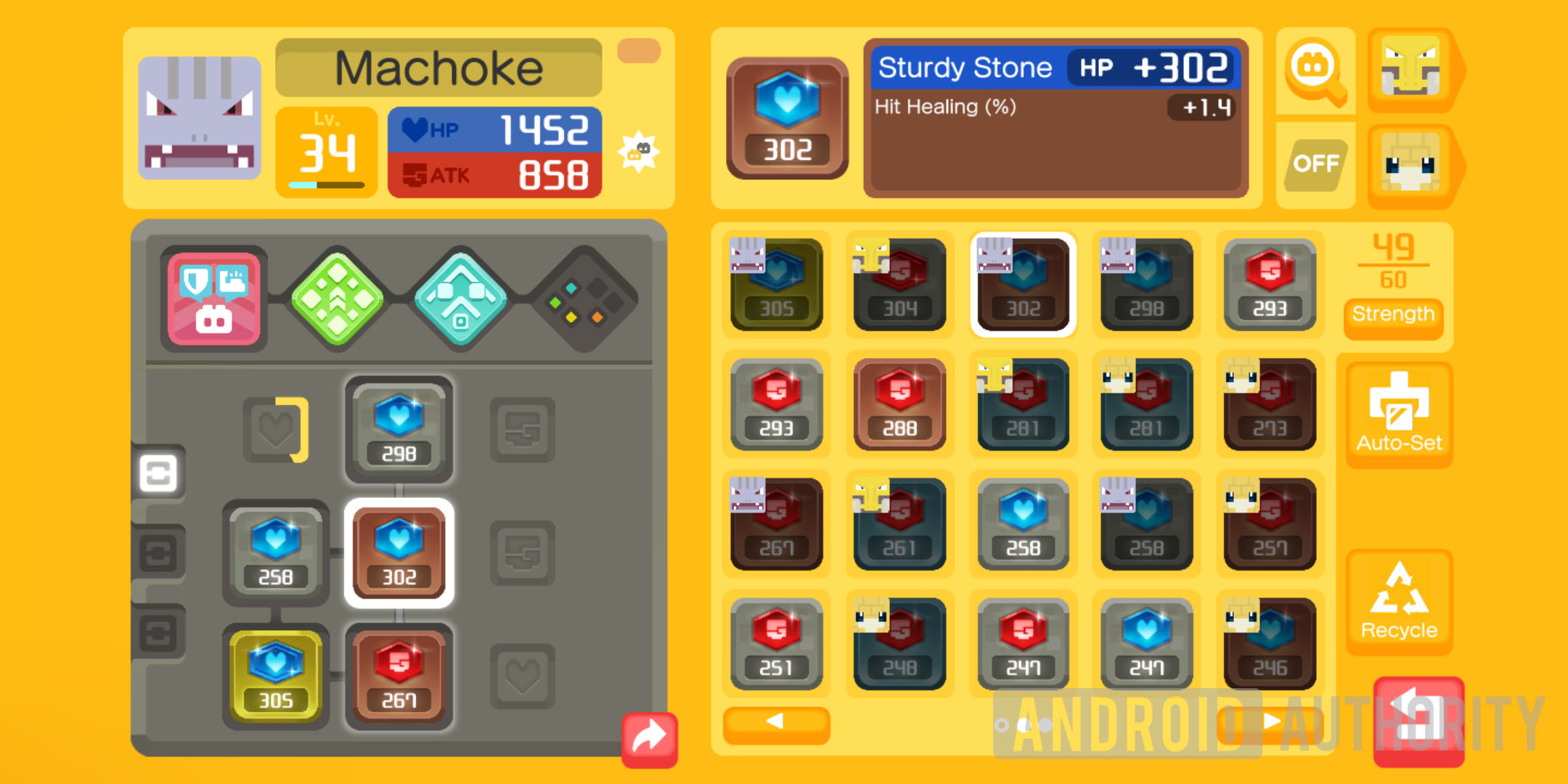
In my experience, the stamina system wasn’t terribly limiting. Early quest rewards give full recharges and the game supplies you with enough free daily PM Tickets to play until your real life phone battery needs recharging. Spending money obviously speeds things up, but more on that later.
Other than expeditions, a lot of your time is spent collecting and equipping power stones to your Pokemon. Collecting strong power stones is more important than collecting strong Pokemon, since most of a Pokemon’s strength comes from the power stones it has equipped.
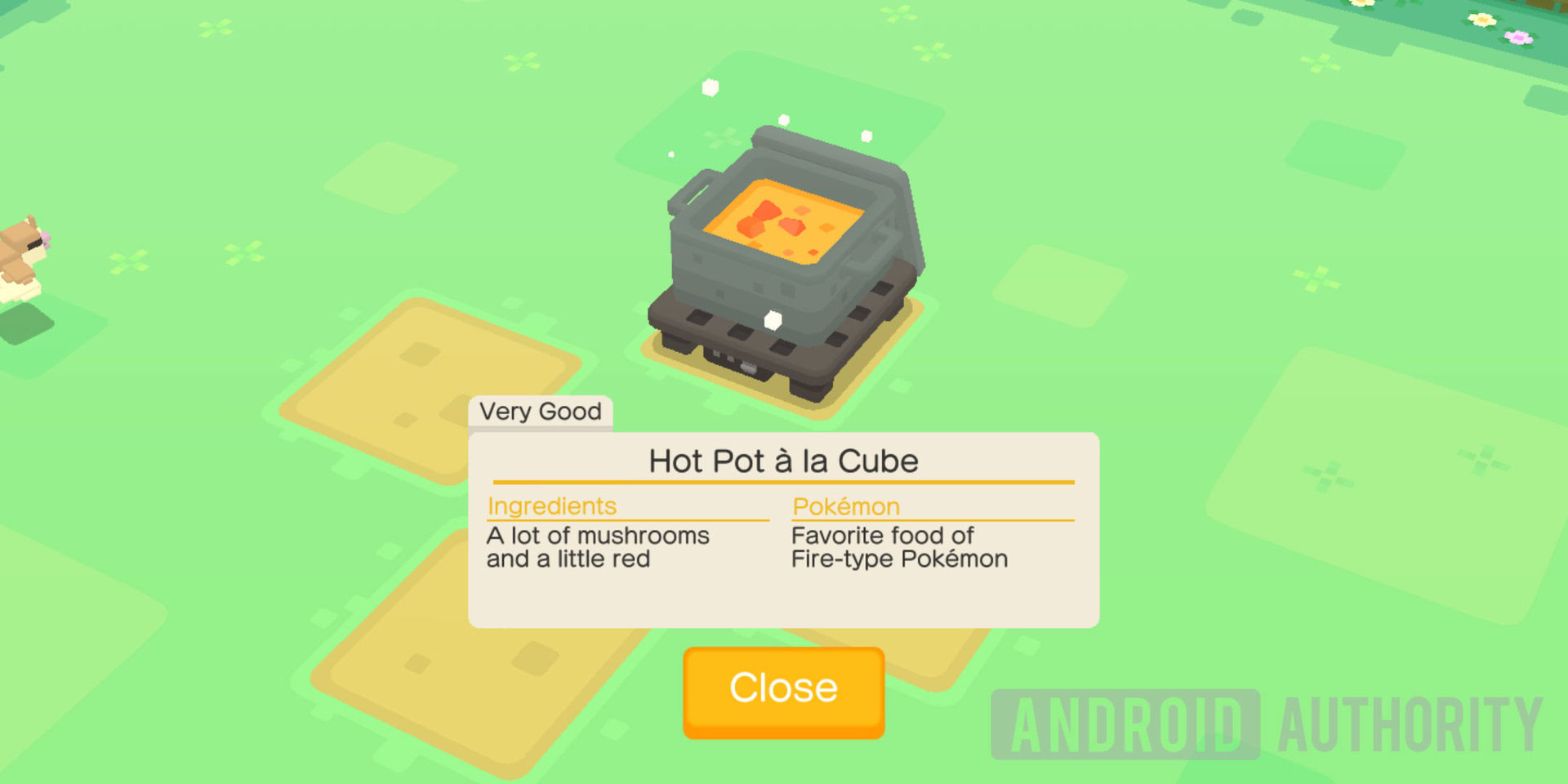
Cooking up delicious Pokemon dishes
As nice as seared Magicarp with garlic might sound, you don’t actually cook Pokemon in Pokemon Quest. Instead, you cook up a combination of the 10 available ingredients that you find on expeditions to attract new Pokemon buddies to your base camp.
Higher level cooking pots consume more ingredients to attract higher level Pokemon
Different recipes will attract different Pokemon. Certain recipes attract Pokemon by type, while others attract them by color. Precious ingredients attract rarer types of Pokemon, and higher level cooking pots consume more ingredients to attract higher level Pokemon.
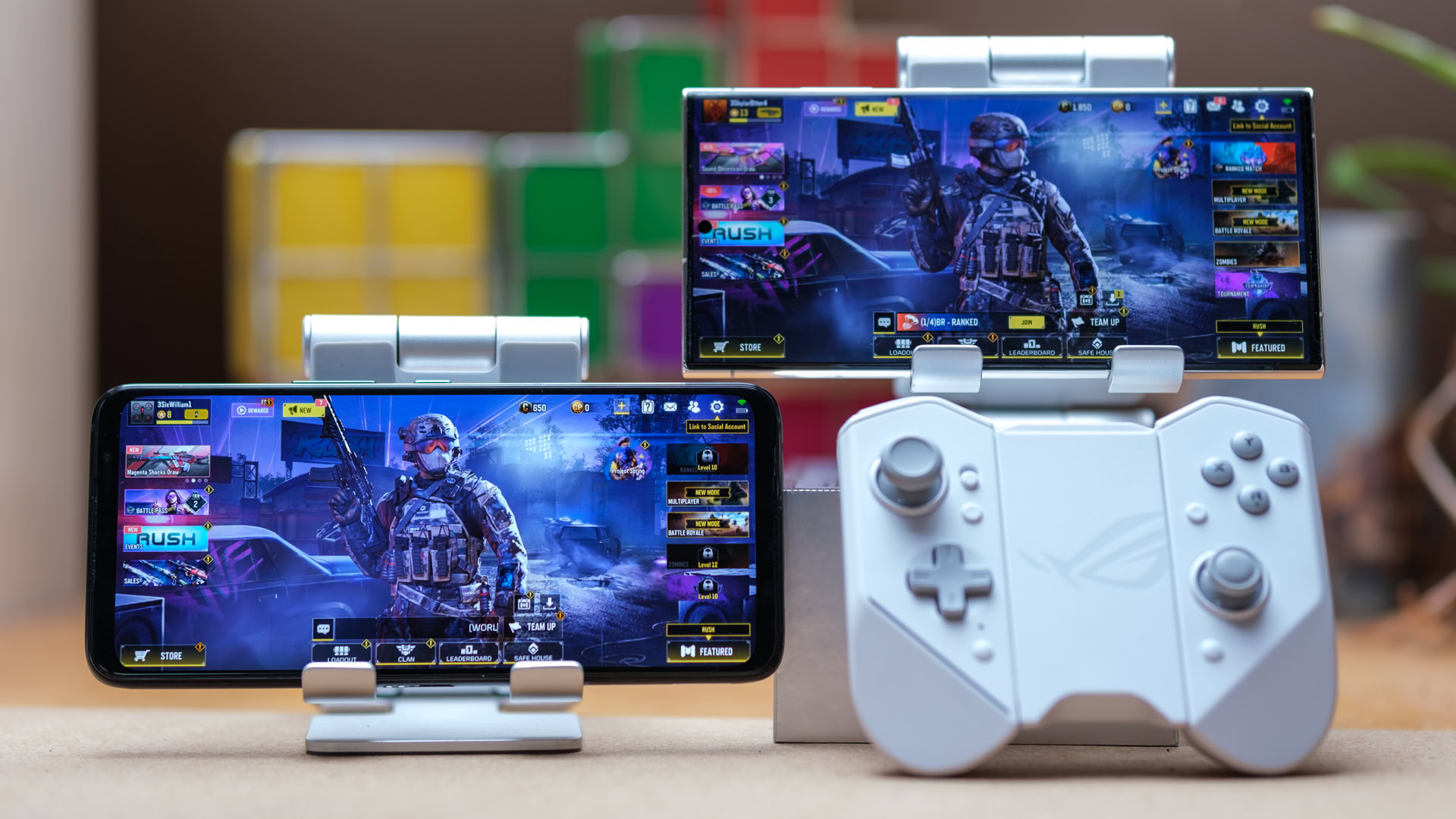
This also increases how long it takes to cook, which is measured in the number of expeditions you undertake, rather than in real time. With several cooking pots, you can have up to four dishes cooking simultaneously.
Higher level Pokemon have slightly higher base stats and — more importantly — more slots for power stones. All Pokemon start as their base forms, and evolve at the same levels they did in the original games. Evolution stones are absent, so those special evolutions also happen at an assigned level.
This system allows you to collect all 151 Pokemon without trading or restarting your game. Pokemon Quest also includes some of the deeper features of other Pokemon games, like IVs and shinies. Most players will never get there, but it’s a cool feature for the true Poke-fanatics.
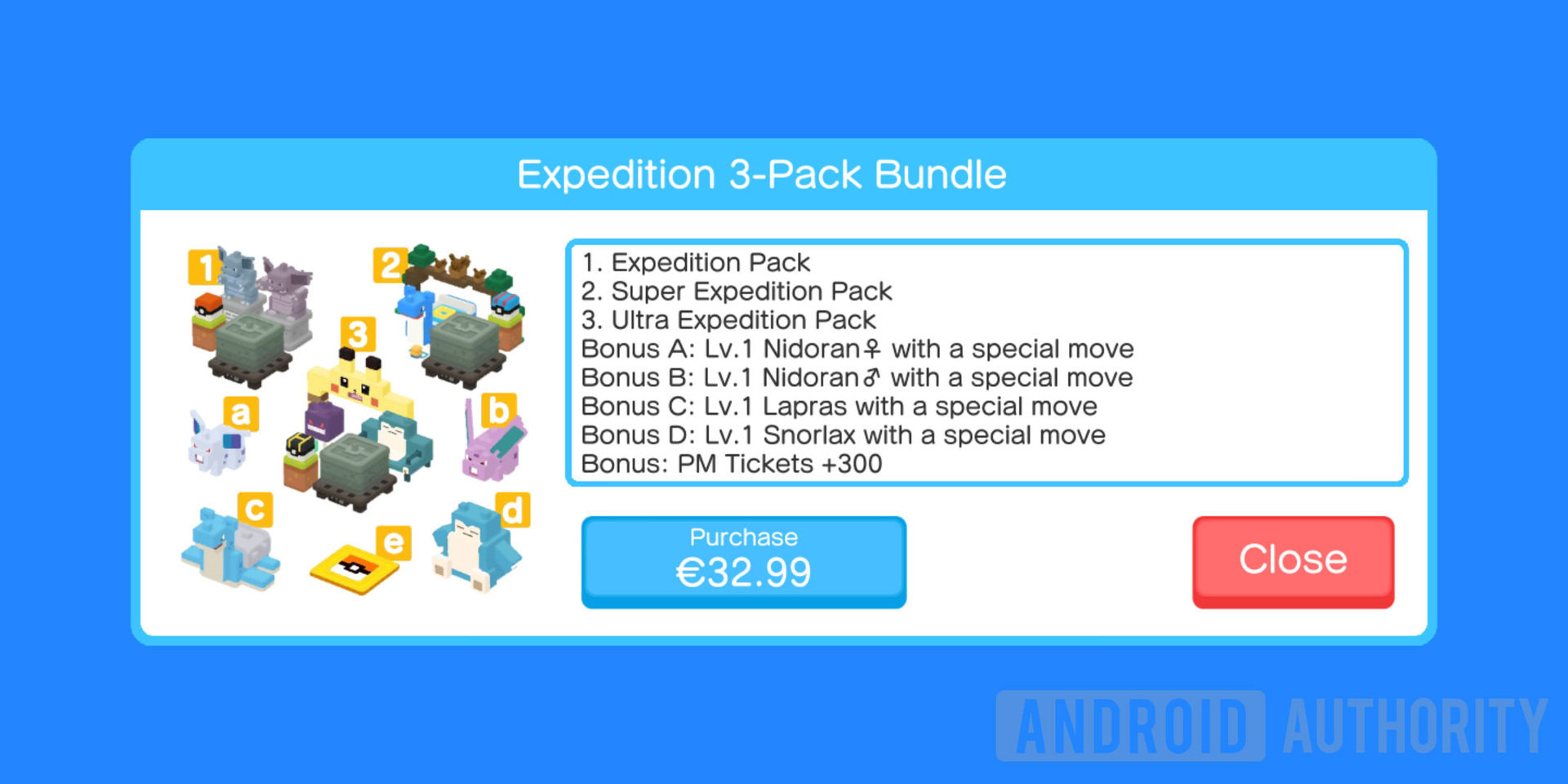
One-time microtransactions
On to everyone’s favorite topic, microtransactions. Although Pokemon Quest features a premium currency (PM Tickets), Game Freak decided to go in a different direction with its microtransactions. It refers to the game as “free-to-start” rather than free-to-play, although the full game is available for free.
Rather than just buying the tickets outright, the game features three packs that increase the amount of daily PM Tickets you can collect from 50 to 190. They also give a few Pokemon and several bonuses (in the form of decorations for your base camp) that increase drops and experience gains, as well as boosting your battery capacity to 8.
After the initial 30 bucks, there is no need to spend money on the game ever again
These packs are also the only way to gain additional cooking pots. Each pack unlocks one additional cooking pot, effectively quadrupling the speed at which you can collect new Pokemon.
While you will still have to grind and plan your team carefully to advance through the game, these packs make progression much faster. It’s so much faster that it may be worth dropping the $30 early if you find you really like the game and plan to invest a lot of time into it.
After that initial 30 bucks, there is no need to spend money on the game ever again. This puts it at a similar price to other Pokemon titles, despite having less content to play through.
I stuck to a free experience for this review and didn’t find it too limiting. You can still make it to the end game in a week or two if you know what you’re doing. Beyond that, you’ll likely either want to spend the money or quit.
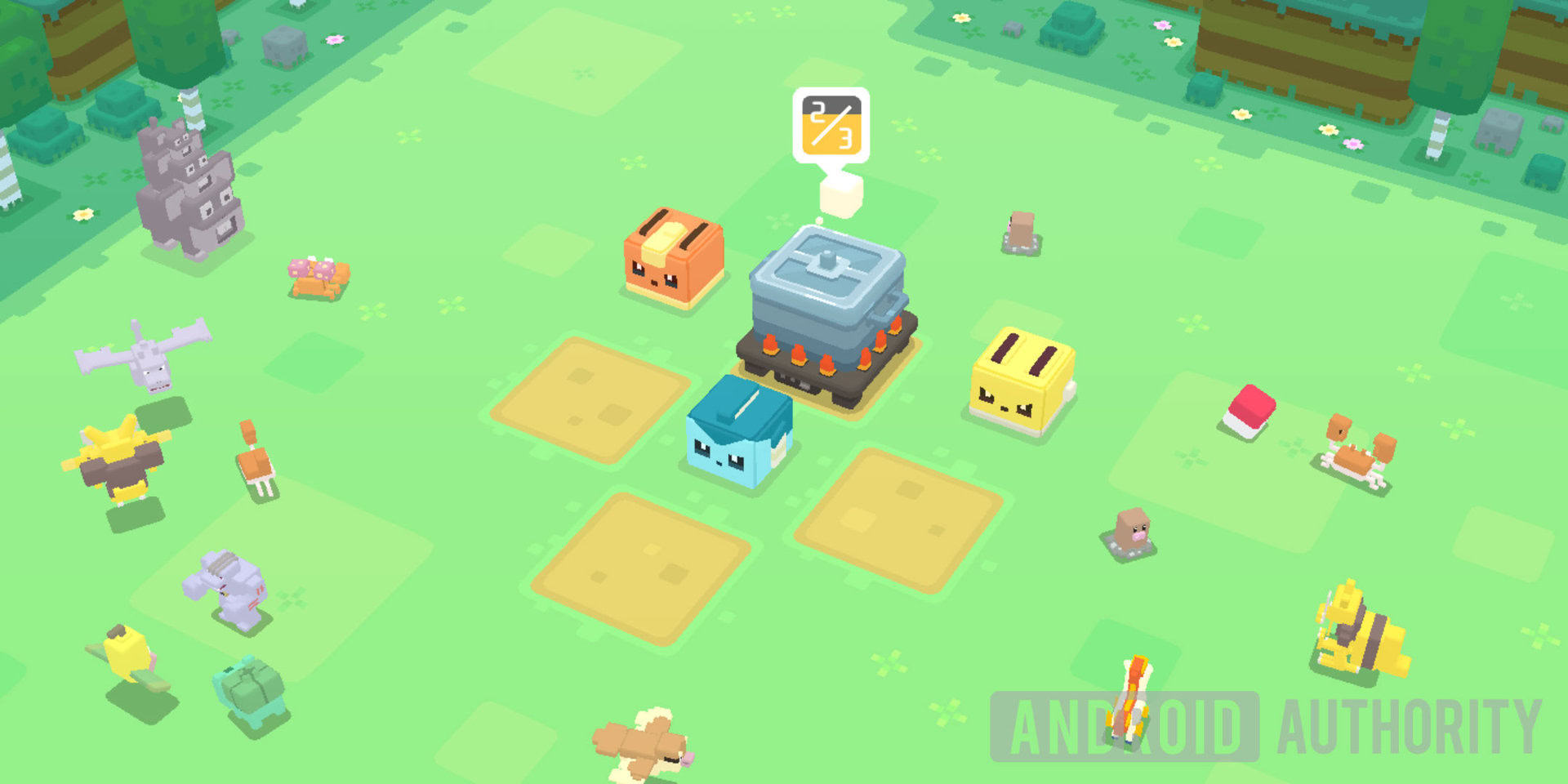
Pokemon Quest Review: Conclusion
As far as free mobile titles go, you’ll be hard pressed to find a more polished game than Pokemon Quest. Many of the freemium elements can be bypassed with a one-time purchase, and the game never nags you to spend more money.
Pokemon Quest is not the typical Pokemon experience. It may disappoint those looking to relive the excitement of their first encounter with Pikachu, but give it a shot. Even if it’s not your bag, at least it can help kill some time until the Let’s Go titles land on the Nintendo Switch later this year.
What do you think of Pokemon Quest? Does it hit the mark or is it just another freemium mobile title in an already saturated market? Let us know in the comments!
Read Next: Pokemon Quest tips and tricks: From beginner to master in only couple of hours